Reprinted: Mars Finance, Daisy.
11 individuals, one chair, countless possibilities.
In August, when Fed Chair Powell delivered what may be his last important speech at the Jackson Hole annual meeting, the competition for the next chair quietly began.
Current Treasury Secretary Scott Bessent holds a list of 11 candidates.
Starting from Labor Day on September 1, Bessent will meet with these candidates one by one to select the final nominee for President Trump.
Previously, Trump did not hide his dissatisfaction with current chair Powell, publicly calling him 'numbskull' and 'moron' multiple times. He desires a more 'compliant' Fed chair but also needs to maintain the Fed's reputation for independence.
Who is more likely to become the next chair of the Federal Reserve? We have also done a roundup of these 11 candidates.
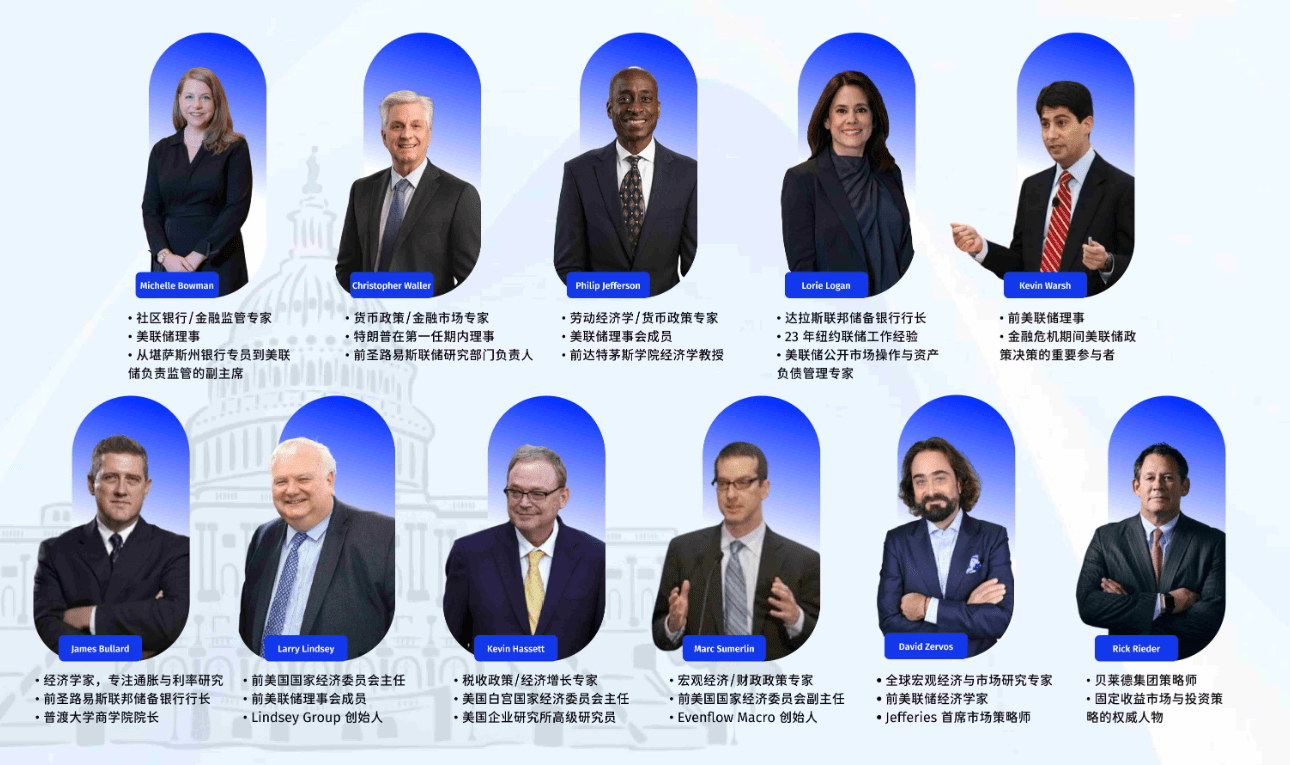
First tier: The next generation of successors within the Federal Reserve system.
The four senior officials within the Fed constitute the most competitive first tier.
They are familiar with the Fed's operations, have rich experience in policy-making, and most importantly, they have proven themselves within the current monetary policy framework.
Michelle Bowman: The Iron Lady of Regulation.
Key label: 'The only dissenter'
As one of the youngest members of the Federal Reserve Board, 54-year-old Michelle Bowman may be the toughest hawk. In 2024, when the Fed begins its rate-cutting cycle, she was the only governor to cast a dissenting vote—this courage has earned her respect within Trump's team.
Core advantage:
Has a complete financial regulatory background: from Kansas Bank Commissioner to Vice Chairman in charge of regulation at the Fed.
Understands community banks, aligning with Trump's 'deregulating small banks' philosophy.
Strong personality, willing to stand by his views.
Potential challenge: Her hawkish stance may raise market concerns about overly tight monetary policy.
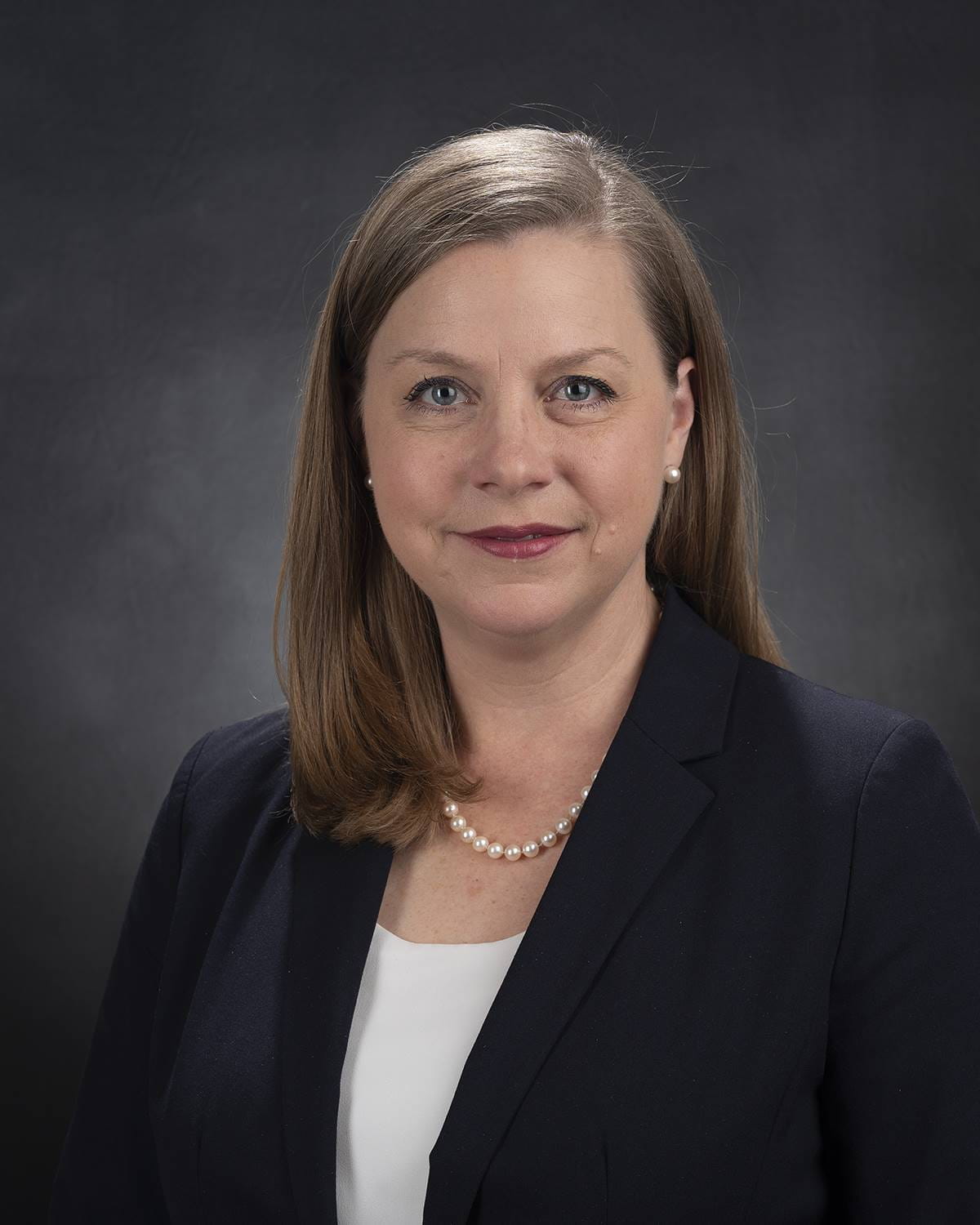
Christopher Waller: Scholar-type Pragmatist.
Key label: 'Powell 2.0.'
At 65, Waller may be the 'safest' choice. He is a former research director at the St. Louis Fed, with a strong academic background and practical policy experience. More importantly, he was personally nominated by Trump during his first term.
Core advantage:
Authority on monetary economics, has published extensively on central bank digital currency and financial stability.
Excellent communication skills; speeches often accurately guide market expectations.
Potential challenge: May be seen as too 'traditional,' lacking the reformative zeal expected by Trump.
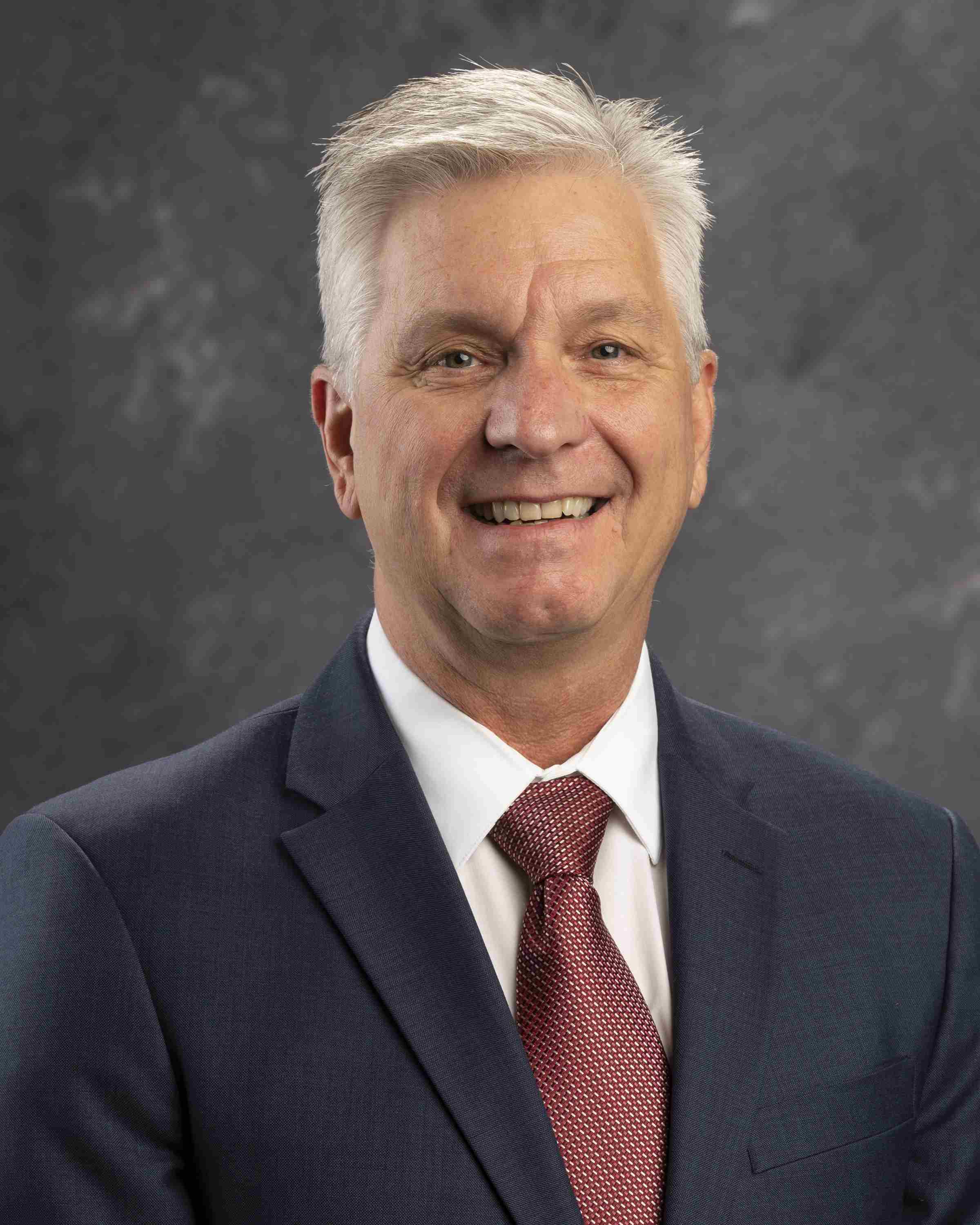
Philip Jefferson: African American identity, current Vice Chairman.
Key label: 'Steady Coordinator.'
If elected, 63-year-old Philip Jefferson will become the first African American chair in Fed history. But his advantages go far beyond that. As the current Vice Chairman, he is the most familiar with the daily operations of the Fed.
Core advantage:
Labor economics expert with unique insights into the job market, which is precisely the indicator Trump cares about most.
Robust academic background, a professor of economics at Dartmouth College, yet not lacking in practical experience.
Potential challenge: Considered too cautious, may lack decisiveness in times of crisis.
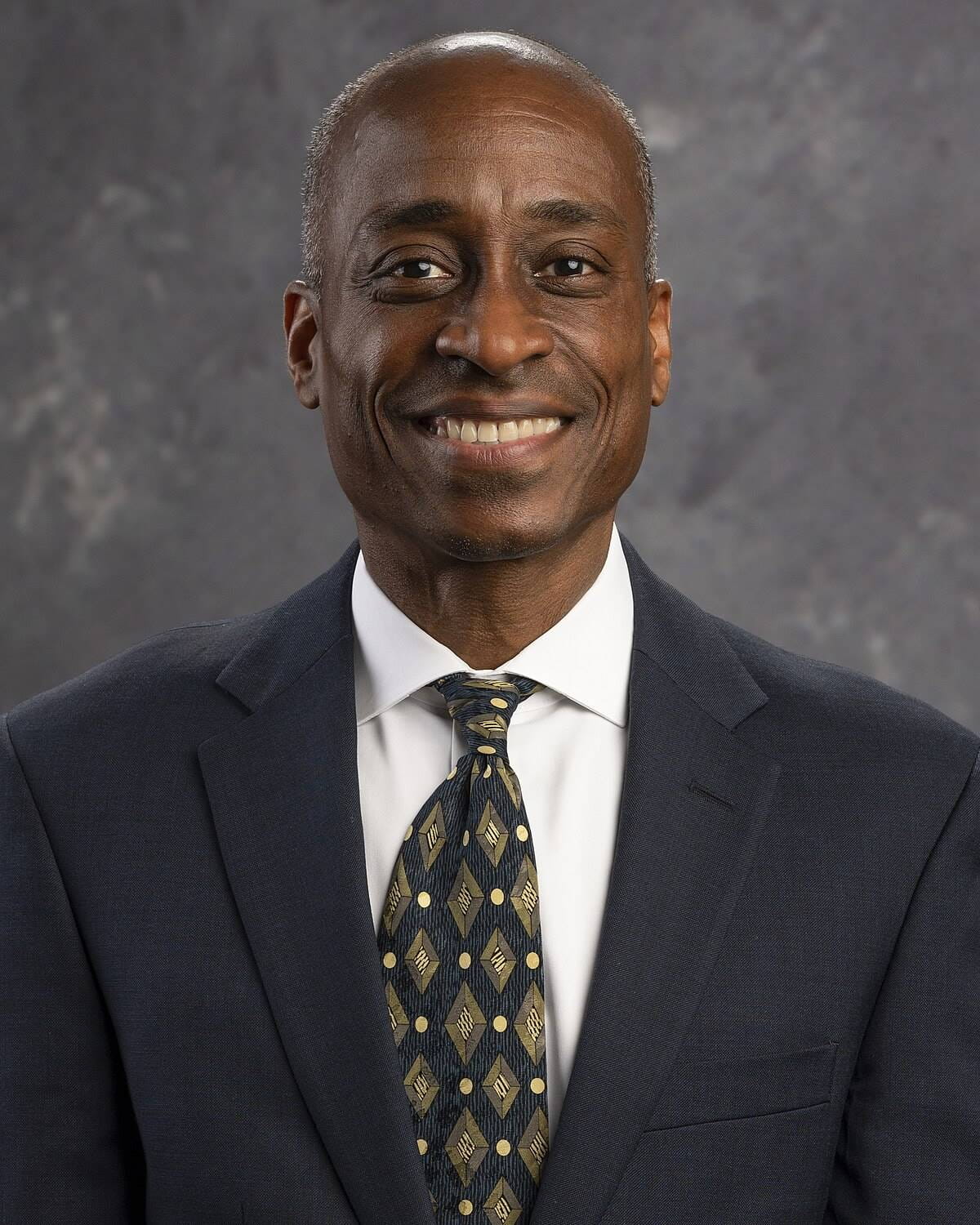
Lorie Logan: Master of Market Operations
Key label: 'The central banker most understood by Wall Street.'
Lorie Logan was the president of the Dallas Fed and was long responsible for the market operations department at the New York Fed, a true expert on how to 'operate' trillions of dollars.
Core advantage:
23 years of experience at the New York Fed, directly executing open market operations.
Rich crisis management experience, involved in handling the 2008 financial crisis and the 2020 pandemic shock.
Potential challenge: The identity as a regional Fed president may become a disadvantage, lacking political capital in Washington.
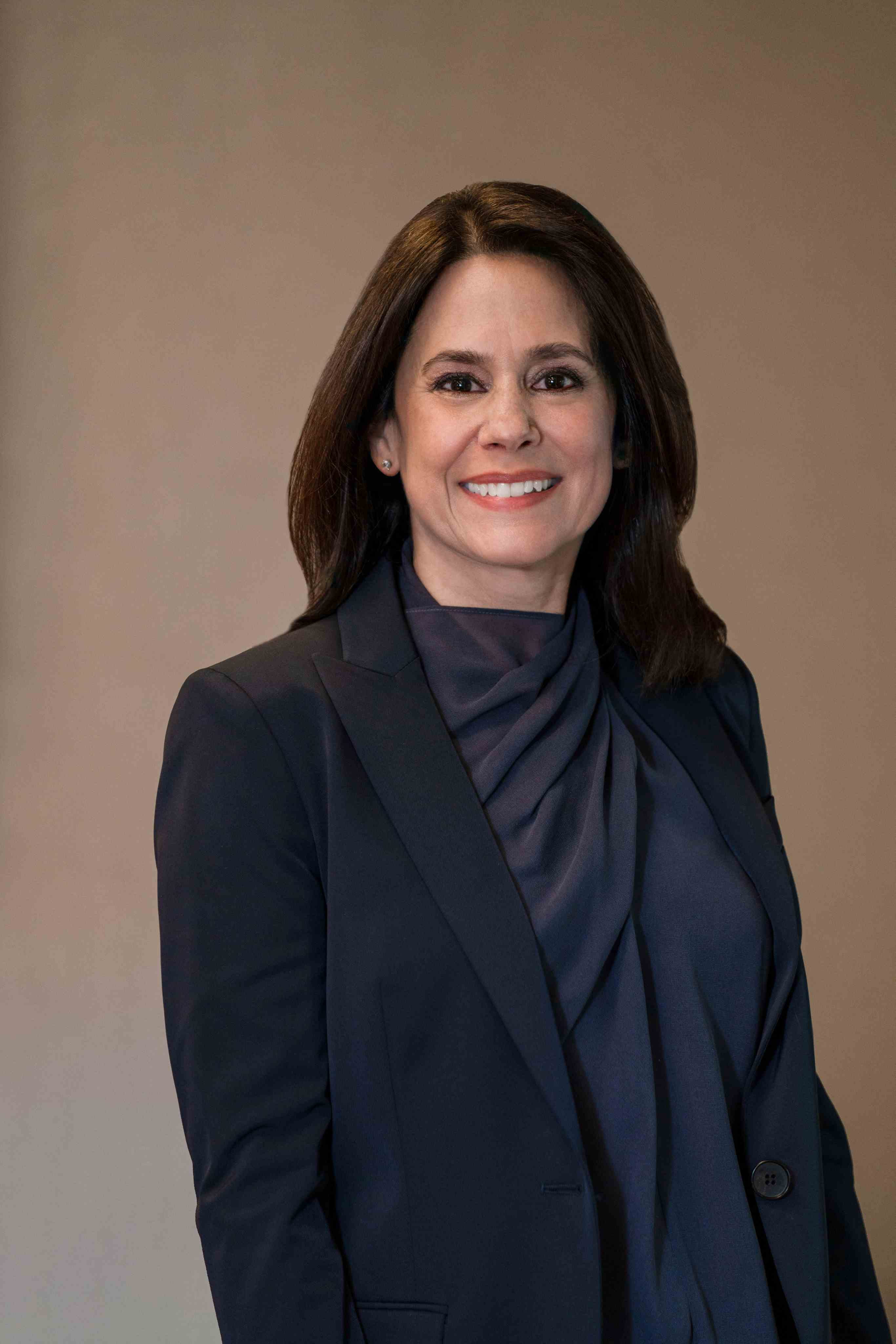
These four internal candidates represent the 'establishment' force of the Federal Reserve. Their common advantage is the ability to ensure policy continuity and avoid market turbulence.
Second tier: Experienced returnees.
The following three individuals have previously left the Federal Reserve, more as former officials. Their common advantage lies in their understanding of the Fed's operational system while not being bound by the existing framework.
Kevin Warsh: The Return of Wall Street's Golden Boy
Key label: 'The youngest possibility.'
54-year-old Kevin Warsh has an enviable resume: became the youngest governor in Fed history at 35, served as a key advisor to Bernanke during the 2008 financial crisis, and has focused on researching monetary policy reform at Stanford's Hoover Institution since leaving the Fed.
More crucially, Trump seriously considered him when selecting a Treasury Secretary.
Core advantage:
Unique experience spanning Wall Street (Morgan Stanley), the Federal Reserve, and academia.
Clear reform ideas, has authored several heavyweight articles on Fed institutional reform.
Connections and resources; father-in-law is the heir to cosmetics giant Estée Lauder, with deep ties on Wall Street and in Washington.
Young and capable, he can bring a new generation of leadership to the Federal Reserve.
Potential challenge: Was a popular candidate for Fed chair in 2017 but ultimately lost.
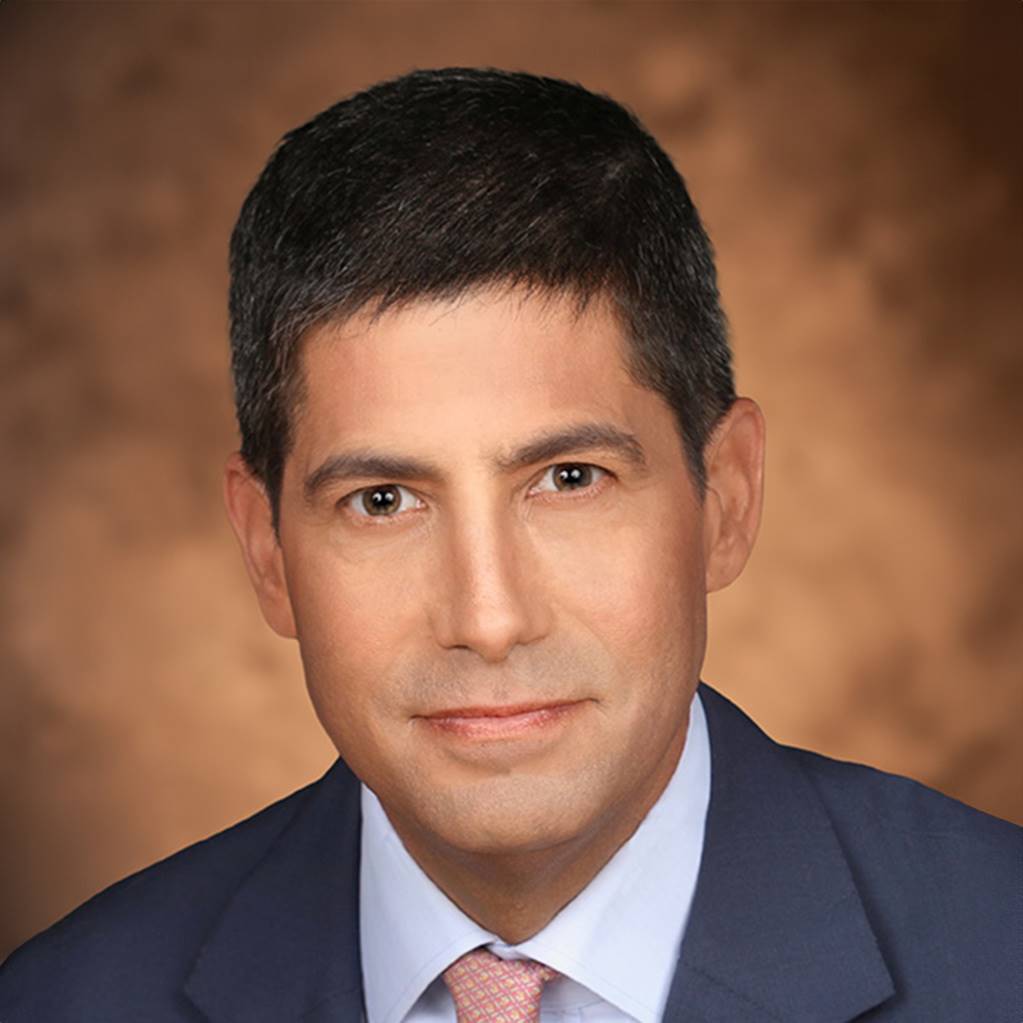
James Bullard: Inflation Prophet
Key label: 'The one who understands inflation the best'
If anyone foresaw the arrival of the current round of inflation, it was undoubtedly James Bullard. The former president of the St. Louis Fed began warning about inflation risks in 2021, a full year ahead of the mainstream views at the Fed.
Core advantage:
Record of inflation forecasting, referred to by the media as 'The Inflation Hawk King.'
Current Dean of Purdue University's Business School, maintaining a keen insight into economic research.
Potential challenge: Personality may be too independent. During his time at the St. Louis Fed, he was often a dissenter at FOMC meetings.
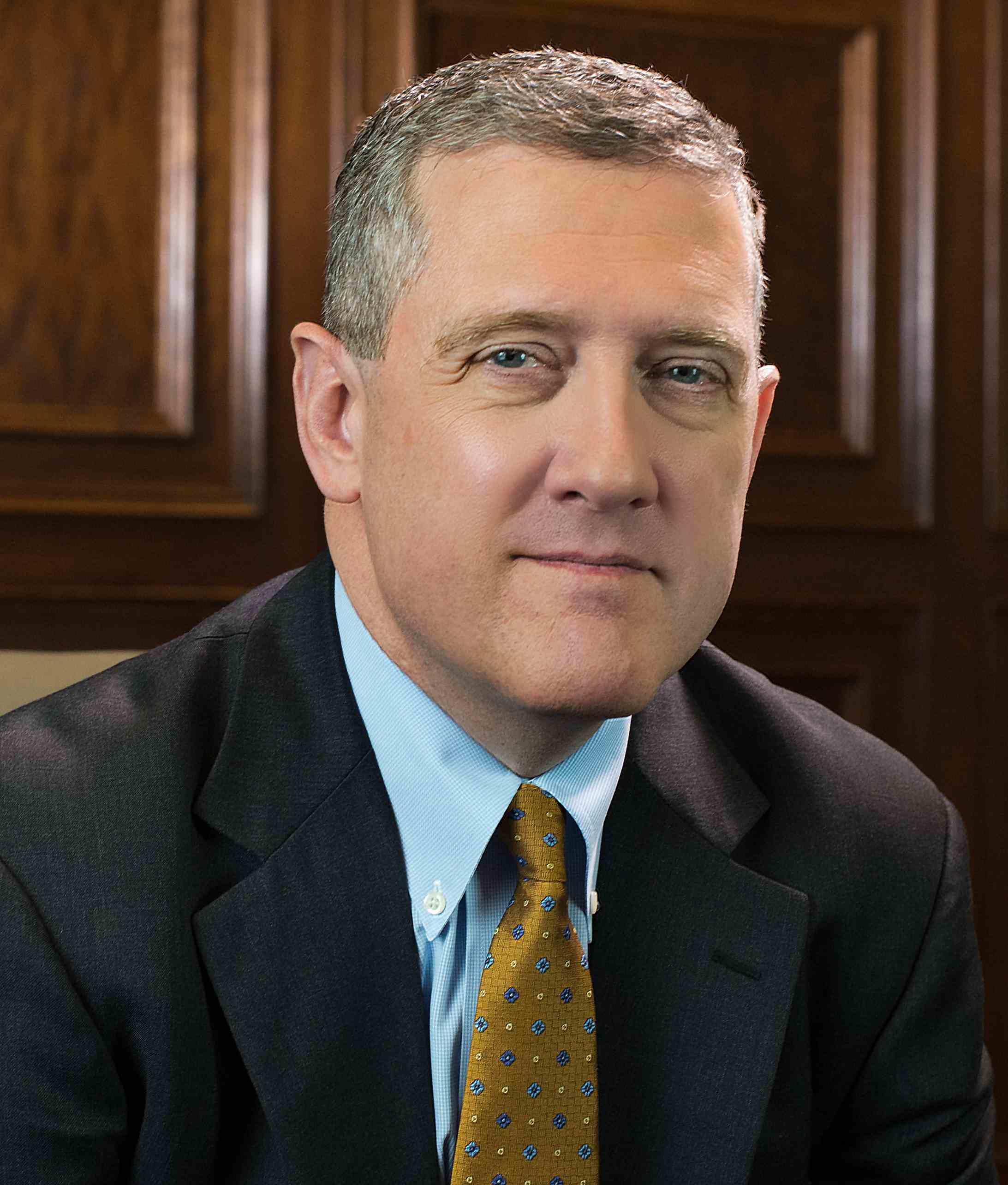
Larry Lindsey: Political veteran, economic advisor to George W. Bush.
At 70, Larry Lindsey may be the candidate who best understands how to navigate between politics and economics.
He served as Chief Economic Advisor to President George W. Bush and was a Fed governor during Clinton's administration. This bipartisan experience is extremely rare in today's polarized Washington.
Core advantage:
Experience in the White House, skilled in coordinating relationships between the Fed and the executive branch.
Outstanding predictive ability, accurately forecasting the burst of the internet bubble and the costs of the Iraq War.
Founded his own economic consulting firm, maintaining close ties with the business community.
Potential challenge: Age may become an issue, and he has been away from the Fed for over 20 years, raising doubts about his familiarity with modern monetary policy tools.
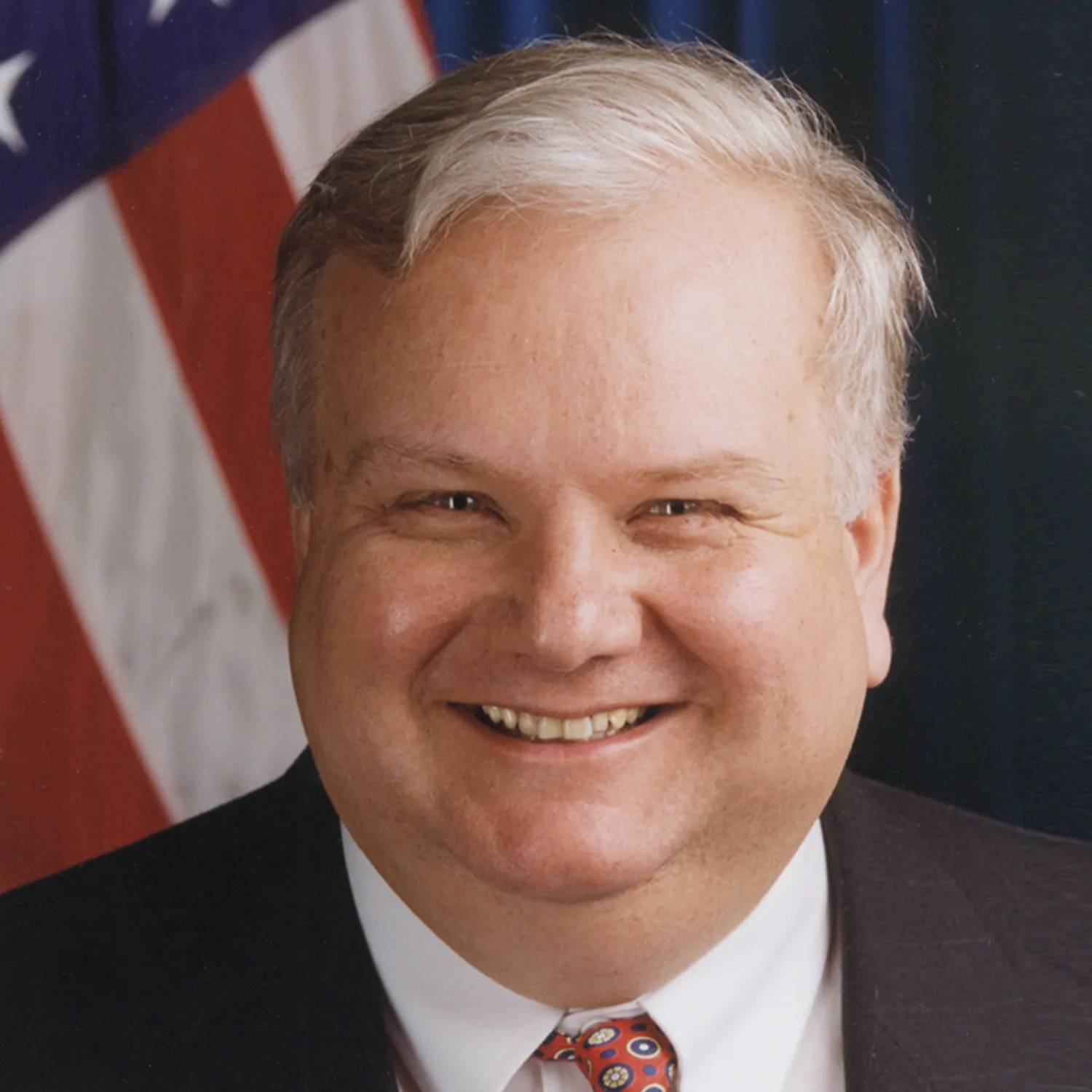
Third tier: The President's trusted economic advisors.
If the first two tiers represent professionalism, this tier represents loyalty.
The biggest advantage of these two candidates is not their understanding of monetary policy, but their understanding of 'Trump Economics.'
Kevin Hassett: The President's economic mentor.
Key label: 'Chief Evangelist of Trump Economics.'
62-year-old Kevin Hassett may be the closest candidate to Trump. As the current Director of the National Economic Council, he interprets economic data for the president almost daily. More importantly, he is one of the few who can truly get Trump to sit down and listen to a full economic lecture.
Core advantage:
Deeply trusted by Trump, referred to by the president as 'my economics professor.'
Tax reform expert, one of the main architects of Trump's 2017 tax reform.
Always finds highlights in economic data, a style that Trump likes.
Potential challenge: Lacks central bank work experience, has never worked at the Fed, and understands monetary policy mainly through academic research.
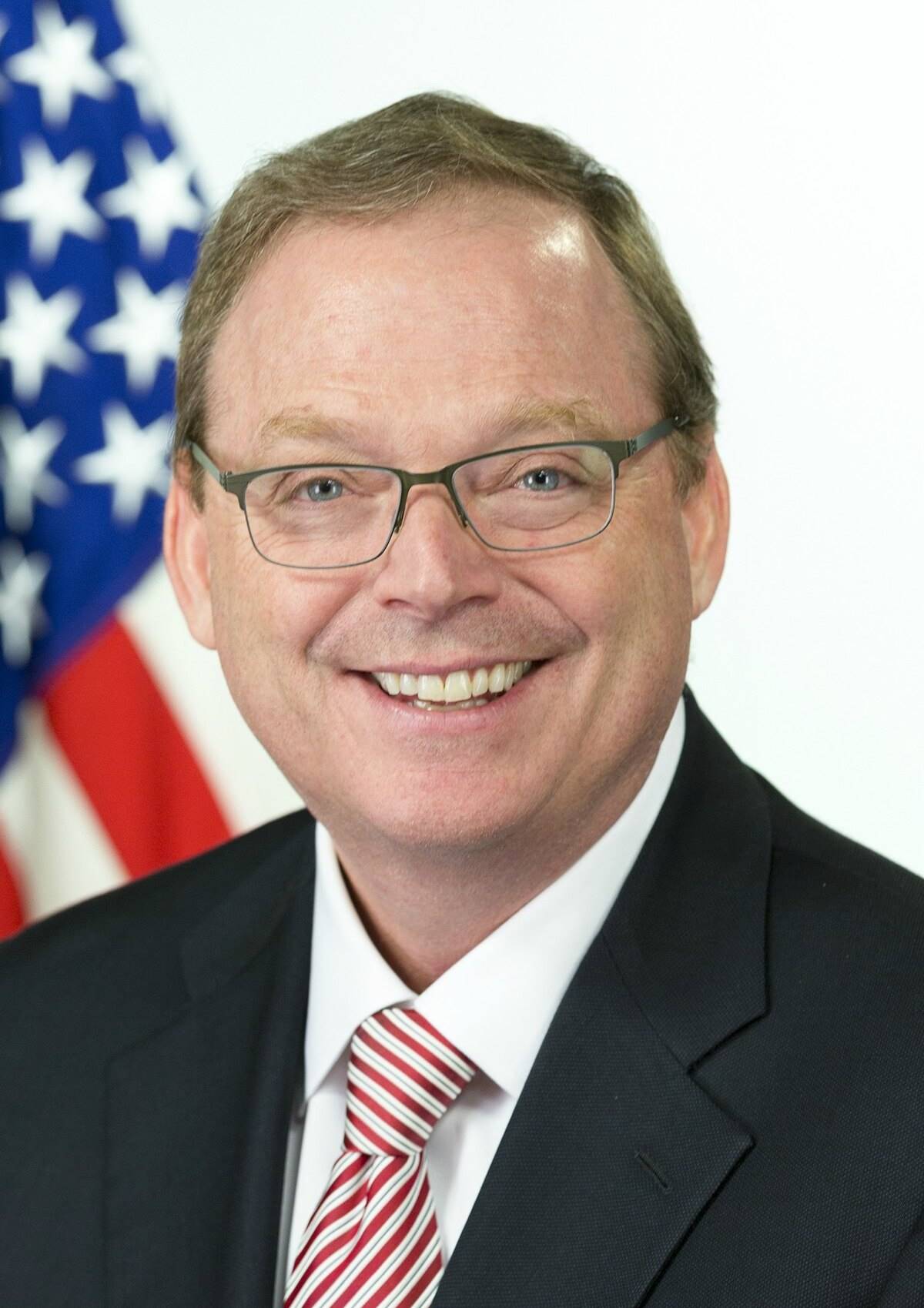
Marc Sumerlin: Establishment Reformer
Key label: 'An outsider who understands the Washington rules'
Marc Sumerlin is an interesting contradiction: with the most traditional establishment background, previously Deputy Director of the National Economic Council under George W. Bush, yet proposed the most radical Fed reform plan.
He advocates for a complete reform of the Fed's decision-making mechanism, including shortening the Federal Open Market Committee (FOMC) statements, reducing the frequency of press conferences, and restoring the Fed's 'mystique.'
Core advantage:
Deep bipartisan connections; has provided economic advice to multiple Republican senators.
Founded Evenflow Macro consulting, with clients including top hedge funds on Wall Street.
Potential challenge: Relatively low profile, public and market lack understanding of him.
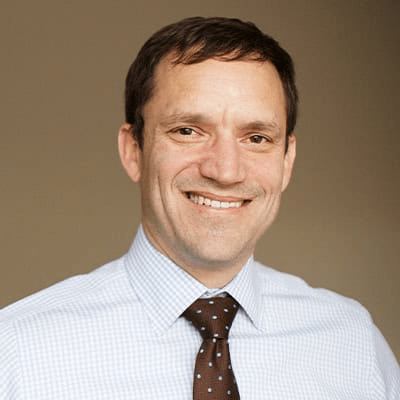
Fourth tier: Fresh blood from Wall Street.
The following two candidates have practical experience in financial institutions, standing at the front lines of the market.
David Zervos: Sharp Critic
56-year-old David Zervos is one of Wall Street's most colorful economists. As Chief Market Strategist at Jefferies, his market commentary is known for being sharp and direct.
Core advantage:
Extremely sensitive market intuition; warned about the subprime crisis in 2008 and boldly took a bullish stance during the market's most panicked moments in March 2020.
Has experience working at the Fed (worked at the New York Fed in the 1990s), understands central bank operations.
Potential challenge: An overly blunt personality may cause issues in the Fed, which often requires diplomatic language. He has publicly labeled some central bank policies as 'economic suicide.'

Rick Rieder: Guardian of Massive Funds.
Key label: 'The man managing $4 trillion.'
As Chief Investment Officer of BlackRock's Global Fixed Income, he manages over $4 trillion in assets.
This figure exceeds Germany's GDP. Every change in Federal Reserve policy directly impacts his portfolio.
Core advantage:
Has experienced multiple economic cycles and crises.
Manages a global bond investment portfolio.
Risk management expert, with losses in the 2022 bond massacre far below the market average.
Potential challenge: Transitioning from managing private sector funds to formulating policies that affect those funds may face questions of conflicts of interest. Additionally, his high salary background on Wall Street may trigger populist backlash.
Traditionally, the Fed prefers leaders with academic backgrounds, believing they are better at maintaining independence and a long-term perspective. However, Zervos and Rieder represent another possibility, using market experience to guide policy-making.
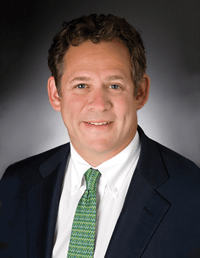
Who will win is still unknown, but historical experience shows that what truly defines a Fed chair is often not the ideas they bring, but the crises they face.
Greenspan faced the internet bubble, Bernanke encountered the financial tsunami, Yellen dealt with the pandemic shock, and Powell experienced the resurgence of inflation.
What challenges will the next Fed chair encounter?
The comprehensive impact of digital currencies or the unimaginable 'black swan'?
This future is closely related to each of us.
11 people, one chair, countless possibilities.
The game has begun.

